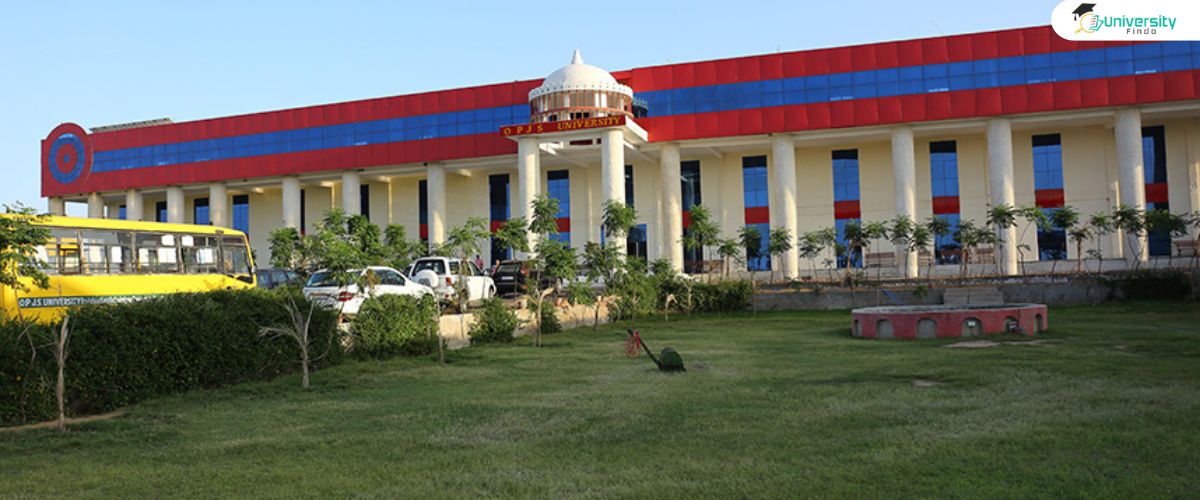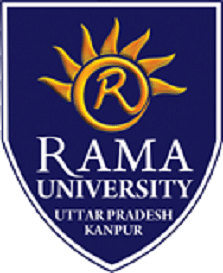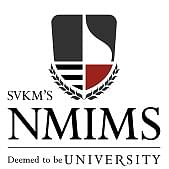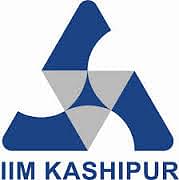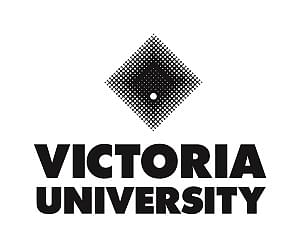How to
Excel in Your BSc Physics Program: Tips and Strategies
Embarking on a BSc in Physics is an
exciting journey filled with the potential for discovery and innovation.
However, succeeding in this rigorous program requires dedication, effective
study strategies, and a proactive approach to learning. Here, we provide a
comprehensive guide on how to excel in your BSc Physics program, offering
practical tips and strategies to help you thrive.
1. Understand
the Curriculum
1.1
Familiarize Yourself with the Syllabus
Start by thoroughly understanding the syllabus
for each course. Knowing the topics covered, the weight of each section, and
the format of exams and assessments will help you prioritize your study time
and focus on key areas.
1.2 Plan
Ahead
Create a semester-long study plan. Mark
important dates such as exams, assignment deadlines, and project submissions on
your calendar. Planning ahead ensures that you allocate sufficient time for
each subject and avoid last-minute cramming.
2. Master
the Basics
2.1
Solidify Your Mathematical Foundation
Physics heavily relies on mathematics. Ensure
you are comfortable with calculus, linear algebra, differential equations, and
complex analysis. Regular practice and solving a variety of problems will
strengthen your mathematical skills.
2.2 Grasp
Fundamental Concepts
Focus on mastering the fundamental concepts of
physics. These basics will serve as the foundation for more advanced topics.
Spend extra time on areas such as classical mechanics, electromagnetism,
thermodynamics, and quantum mechanics.
3. Effective
Study Techniques
3.1 Active
Learning
Engage in active learning by solving problems,
conducting experiments, and participating in discussions. Passive reading and
memorization are less effective. Instead, challenge yourself to apply concepts
to real-world scenarios.
3.2 Use
Multiple Resources
Don’t rely solely on your textbooks.
Supplement your learning with online resources, videos, and lecture notes from
other universities. Platforms like Khan Academy, Coursera, and MIT Open CourseWare
offer valuable content.
3.3 Regular
Review Sessions
Schedule regular review sessions to revisit
and reinforce previous material. This helps in retaining information and
understanding how different concepts interconnect. Weekly or bi-weekly reviews
can be particularly effective BSc in Physics college.
4. Utilize
Laboratory Sessions
4.1
Hands-On Practice
Laboratory sessions are crucial for
understanding the practical applications of theoretical concepts. Take these
sessions seriously and actively engage in experiments. This hands-on practice
reinforces learning and enhances problem-solving skills.
4.2
Maintain a Detailed Lab Notebook
Keep a detailed and organized lab notebook.
Record your hypotheses, procedures, observations, and conclusions. This habit
not only aids in report writing but also serves as a valuable resource for exam
preparation.
5. Seek
Help When Needed
5.1 Form
Study Groups
Join or form study groups with your peers.
Collaborative learning allows you to gain different perspectives, clarify
doubts, and reinforce your understanding. Teaching concepts to others is also a
powerful way to solidify your knowledge.
5.2 Utilize
Office Hours
Take advantage of professors' and teaching
assistants' office hours. Don’t hesitate to ask questions or seek clarification
on complex topics. Building a rapport with your instructors can also provide
mentorship and academic guidance.
6. Stay
Organized
6.1 Keep
Your Notes Organized
Maintain organized and comprehensive notes for
each course. Use separate notebooks or digital folders for different subjects.
Well-structured notes make revision easier and more efficient.
6.2 Time
Management
Effective time management is critical. Break
down your study sessions into manageable chunks, use techniques like the
Pomodoro method, and take regular breaks to avoid burnout. Prioritize tasks
based on deadlines and difficulty at BSc in Physics college Ujjain.
7. Engage
in Research Projects
7.1 Pursue
Research Opportunities
Seek out research opportunities within your
department or through internships. Participating in research projects provides
practical experience, enhances your understanding of advanced topics, and can
lead to publications.
7.2 Attend
Seminars and Workshops
Participate in seminars, workshops, and
conferences related to physics. These events expose you to cutting-edge
research, offer networking opportunities, and inspire new ideas for your own
studies.
8. Develop
Soft Skills
8.1
Communication Skills
Work on your communication skills, both
written and verbal. You’ll need to write reports, present findings, and
collaborate with peers. Clear and effective communication is essential for
success in both academic and professional settings.
8.2
Critical Thinking and Problem-Solving
Develop your critical thinking and
problem-solving abilities. Physics often involves tackling complex problems
with no straightforward solutions. Approach problems methodically, breaking
them down into smaller, manageable parts.
9. Stay
Motivated and Balanced
9.1 Set
Goals
Set short-term and long-term goals for your
studies. Achieving these goals provides a sense of accomplishment and keeps you
motivated. Celebrate your successes, no matter how small.
9.2
Maintain a Healthy Balance
Balance your academic responsibilities with
extracurricular activities, hobbies, and social life. Physical exercise,
relaxation, and social interactions are vital for maintaining mental and
physical well-being.
10. Prepare
for Exams Strategically
10.1
Practice Past Papers
Solve past exam papers under timed conditions.
This helps you get accustomed to the exam format, manage your time effectively,
and identify areas where you need more practice.
10.2 Focus
on Weak Areas
Identify your weak areas and devote extra time
to improving them. Seek help from professors, peers, or online resources if you
struggle with certain topics at best 5 BSc college Ujjain..
10.3 Stay
Calm and Confident
Approach exams with confidence. Get a good
night’s sleep before the exam, eat a healthy meal, and stay calm. Confidence
and a clear mind are crucial for performing well under pressure.





